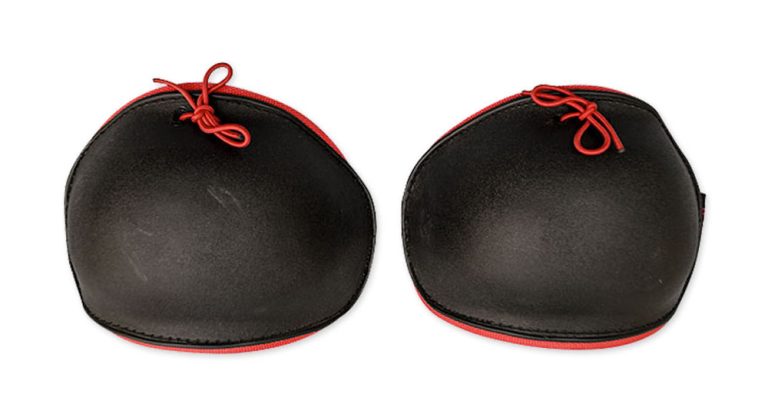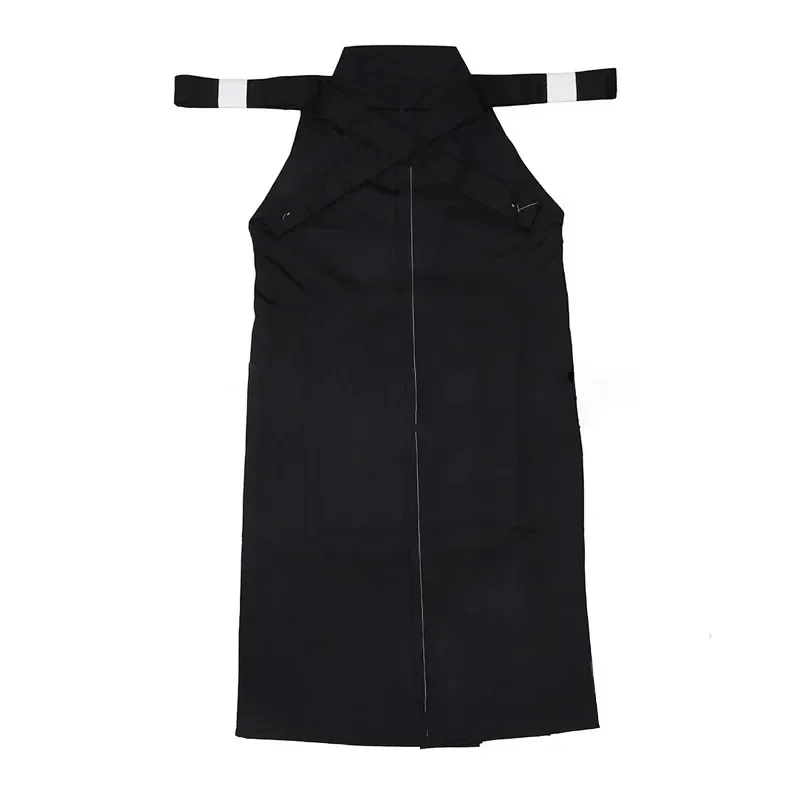HEMA Gloves Red Dragon Armoury Unisex-Erwachsene Sparring Pants Sparringhose, Schwarz, Medium HEMA Dreadnought






$ 34
- Red Live Wallpaper Windows 10 - Infoupdate.org
Get it delivered as soon as today. Schedule your delivery in checkout.
More delivery methods in checkout
Free & Easy Returns In Store
Return this item within 7 days of purchase.
Get an immediate answer with AI
AI-generated from the text of manufacturer documentation. To verify or get additional information, please contact customer service.
Product Details
About This Product
They feature padded protection panels on the front of the upper thighs and a layer of padding over the knees. Country of origin: CHINA Dragon Pants HEMA Gloves Red Dragon Armoury Unisex-Erwachsene Sparring Pants Sparringhose, Schwarz, Medium HEMA Dreadnought Taekwondo Sparring Gear Buy Red Dragon Armoury Sparring Pants - Large Black | High-Quality Protective Gear from u2013 Express International Delivery Official Red... By The Sword - Synthetic Single Hand Sparring Sword - Black Blade & Hilt by Red Dragon Armoury Find many great new & used options and get the best deals for Carlson Carlson Quality Brake Parts H7329 Drum Brake Hardware Kit at the best online prices at ! Free shipping for many products The level of protection on the knees can be improved by inserting our Red Dragon Knee Protectors into the Velcro fastened pockets. Two adjustable straps at the waist for a comfortable fit and elasticated braces to hold them in place They also feature 2 pockets at the back, a zipped fly and are elasticated below the knee. Small - Waist: 32 (82cm) | Hips: 38 (98cm) | Length: 27 (69cm) | Thigh: 24(60cm) | Weight: 1.8 lbs (814g)Medium - Waist: 35 (88cm) | Hips: 42 (112cm) | Length: 28 (71cm) | Thigh: 25 (64cm) | Weight: 2 lbs (862g)Large - Waist: 39 (98cm) | Hips: 42 (106cm) | Length: 29 (73cm) | Thigh: 27 (68cm) | Weight: 2.2 lbs (926g)X-Large - Waist: 44 (108cm) | Hips: 46 (118cm) | Length: 30 (79cm) | Thigh: 28 (72cm) | Weight: 2.3 lbs (1032g)Product Information
Customer Reviews
4.4 out of 5

















